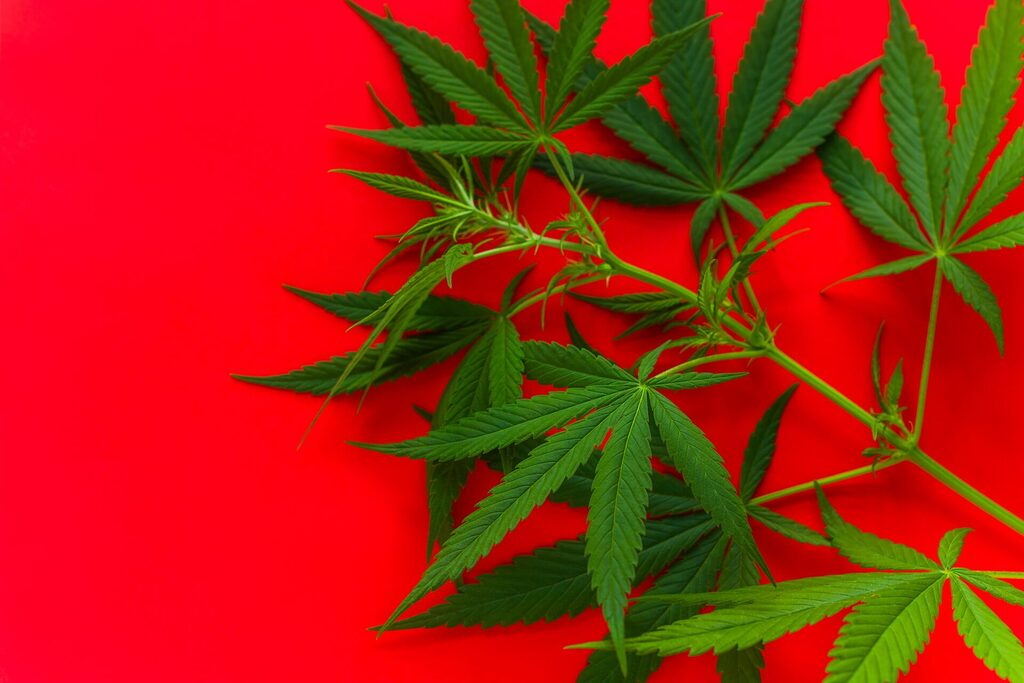The question of whether marijuana, commonly known as weed, affects cognitive abilities has been a topic of debate and study for years. Popular culture and anecdotal stories often paint conflicting pictures, leaving individuals wondering if weed can really make you “dumb.” In this blog, we delve into the scientific research to provide a clear understanding of the relationship between weed and cognitive function.
The Cognitive Effects of Weed
- Short-Term Impairment: Marijuana can lead to temporary cognitive impairments, especially shortly after use. Short-term memory, attention, and decision-making abilities might be compromised while under the influence. However, these effects are usually temporary and wear off as the intoxication subsides.
- Long-Term Impact: The question of whether weed has a long-term impact on cognitive abilities is more complex. While some studies suggest that heavy and prolonged use during adolescence might have negative effects on IQ and cognitive functions, the relationship is not definitively established.
- Individual Variability: It’s important to note that the impact of weed on cognitive function varies from person to person. Factors like genetics, frequency of use, age of onset, and dosage play a role in how weed might affect cognitive abilities.
Debunking the Myth
- The Adolescent Brain: Much of the concern about the potential “dumbing down” effect of weed revolves around its impact on the developing adolescent brain. Research suggests that heavy marijuana use during adolescence might impact cognitive development. However, these effects are not universally experienced and might be influenced by other factors.
- Moderation and Responsible Use: For adult users who consume weed in moderation and responsibly, the evidence for significant long-term cognitive impairment is not strong. Many studies fail to establish a clear and consistent link between moderate weed use and lasting cognitive deficits.
- Potential for Recovery: Some research indicates that cognitive functions that are temporarily impacted by weed’s acute effects tend to return to baseline levels once the intoxication wears off. This suggests that the cognitive impairments are not permanent.
Balancing the Scale: The Positives and Negatives
- Positive Effects: While the focus is often on potential negative impacts, some studies suggest that weed might have positive effects on certain cognitive functions, such as creativity and divergent thinking. However, further research is needed to fully understand these potential benefits.
- Potential Risks: The potential negative impacts of weed on cognitive function should not be dismissed, especially for heavy and chronic users, and those who begin using during adolescence. Responsible use and moderation are crucial in mitigating potential risks.
The idea that weed makes you “dumb” is an oversimplification that doesn’t capture the complexities of its effects on cognitive function. While short-term impairments are real and can affect memory, attention, and decision-making abilities while under the influence, the notion of lasting cognitive deficits is not fully supported by scientific research. Much of the debate centers around factors such as age of onset, frequency of use, and individual variability.
It’s important to approach the topic with nuance and a clear understanding of the research landscape. Responsible use and moderation are key when it comes to weed or any substance that might have potential effects on cognitive function. As research continues to advance, our understanding of how weed interacts with the brain will undoubtedly become more refined, leading to a more comprehensive and accurate picture of its impact on cognitive abilities.













